Trekking – if you’re into the outdoor scene, you’ve probably come across the word dozens of times. It’s a word that’s often used interchangeably with other terms such as “hiking” and “mountaineering,” which leaves you wondering, “Well, what does trekking mean?”
Trekking is a long-distance hiking and usually consists of walking for several days or weeks and being completely dependent on yourself and nothing else in the wild.
This activity involves deciding on a setting – whether it’s a humid desert, lone countryside, or mountainous regions – assembling the necessary equipment, and discovering new scenery each day on your expedition.
Trekking vs. Hiking
Trekking and hiking are often used to describe the same thing but if we want to get specific, they do have different meanings.
On a basic level the activity of hiking is a long, active walk in nature – usually along hiking trails or paths – and lasts for as short as a few hours, to a full day or possibly overnight. Trekking, by comparison, is a long, intense hike in a wild, natural environment which can take multiple days or weeks. It doesn’t necessarily have to be on hiking trails.
The more nuanced differences include: duration, terrain, route, and equipment.
Hikes can typically be completed in a day or part day, while treks last several days or weeks.
The terrain of hikes is limited to hiking trails, while trekkers venture along mountain trails, areas without roads, and the complete wilderness.
Hiking routes usually follow a loop, starting and ending at their base camp. However, trekkers take a bivouac (a temporary camp) with them and enjoy different landscapes every evening.
Lastly, the equipment is different in that hikers only need to carry essentials for the day, while trekkers need to be entirely self-sufficient. Their backpacks must contain their entire home as they are traveling for a longer period, which means it must be reliable and practical. Trekkers may also utilize a trekking pole, also known as a hiking pole, or even a trekking bike to help them navigate their long, winding paths.
Benefits of Trekking
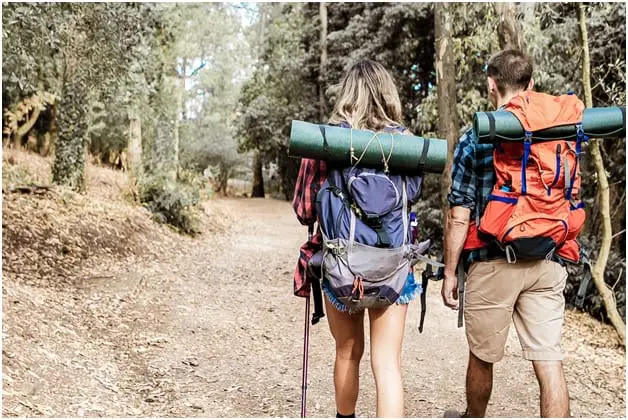
There are many physical and mental benefits of trekking. It’s fun, exciting, and known for improving your health – a win-win all around. Here are a few health benefits of trekking:
1. Keeps the whole body fit
Trekking involves a lot of strenuous walking, which will help build muscle strength in your legs, pelvis, and core. It builds up your stamina and endurance. If you’re traveling with a heavy bag, this will aid in boosting your back and core strength.
Your overall fitness and body strength will increase with every trek you go on.
2. Burns calories
This is one of the most important health benefits for most people looking to lose weight or who are into fitness. Walking outside for a few minutes will generally burn about 100 calories. Hiking is said to burn between 450 to 550 calories. So, imagine how many calories you would burn by trekking for a few days? Burning calories will ultimately help you lose weight and tone your muscles.
3. Lowers risk of heart disease
Trekking frequently helps you improve your heart and blood pressure. It also reduces the chance of you having a stroke. Walking is considered a cardio workout when you push yourself to the point where speaking with someone becomes harder to do. Cardio is a key exercise in strengthening your heart by lowering your blood pressure and cholesterol. Every step you take on your trekking adventure is a step toward a longer, healthier life.
Find out – Is hiking good cardio?
4. Heals back pain
So many people suffer from chronic back pain because they sit for long periods of time or they have horrible posture. Muscle weakness is a big reason why chronic back pain doesn’t seem to go away. When you start trekking, your spine is in a straighter position than when you’re sitting or slouching, which will naturally strengthen your muscles. Trekking frequently will help get rid of back and joint pain, leaving you feeling energetic and fit.
5. Improves mental health
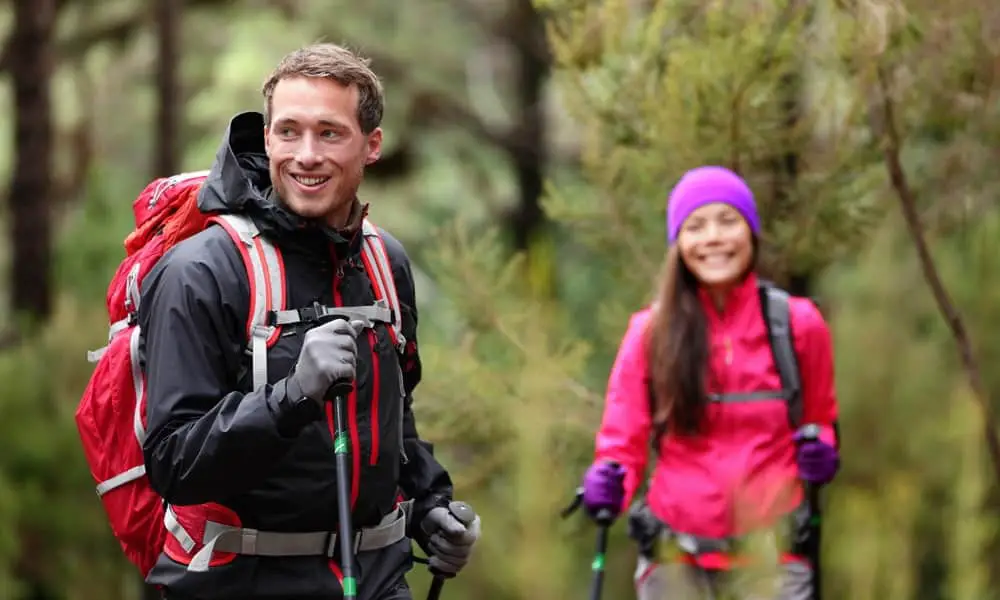
We’ve all heard that exercise boosts our mood and mental health. Stress and anxiety are bound to build up when you’re stuck inside for too long. Getting away from that stress and escaping to the great outdoors, surrounding yourself with nature and good company while you keep your body on the move, will prove to be an excellent mood booster. Life can get very stressful, but taking time to focus on yourself, reduce your stress, and increase your emotional well-being is one of the key health benefits of trekking.
Final Thoughts
Trekking gives people a change of scenery and zest for life. It’s when you plan and set out on an extended hiking trip, usually traveling for a few days or weeks. Trekking requires you to carry your essentials on your back. You take a bivouac with you and set up camp wherever you deem fit. This activity lets you explore all different kinds of terrain, allowing you to enjoy different types of scenery and landscapes every step of the way.
Trekking is often used as a term that is equivalent to hiking, but as you can tell, it has a more nuanced meaning. It’s a hike that is much more intense with additional equipment and on different terrain.
Trekking not only helps you experience the beauty of nature, but it also serves massive health benefits as well. Trekking frequently will increase your heart health, overall fitness, mental health, and help you live a longer life. So, what are you waiting for? Do some research on a great trekking adventure, invite good company, pack your essentials, and start trekking as soon as you can.
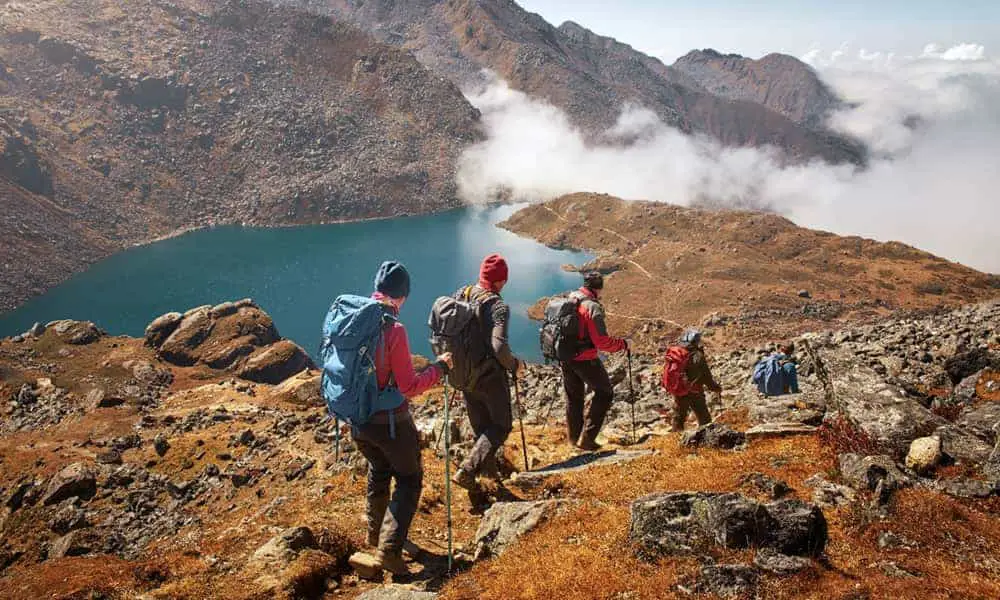
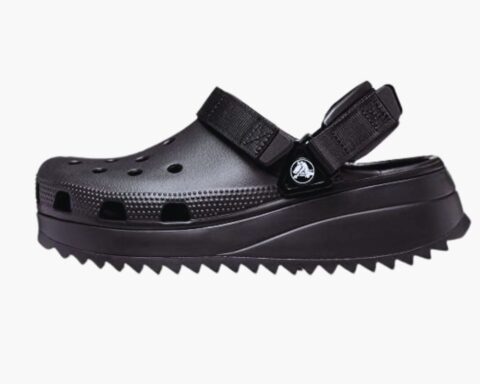


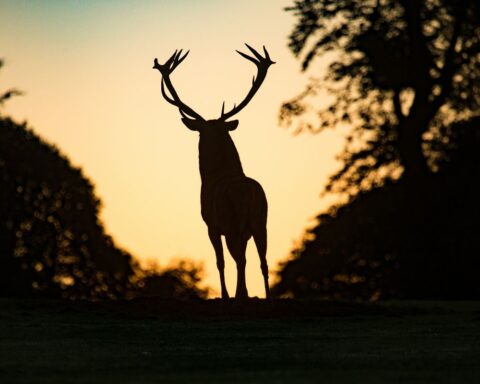
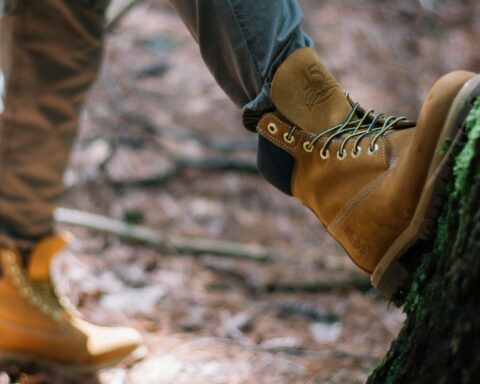
[…] With tents, weight might be a primary concern. This is especially true if you are backpacking or trekking, and you need to factor the weight of your tent into your overall […]